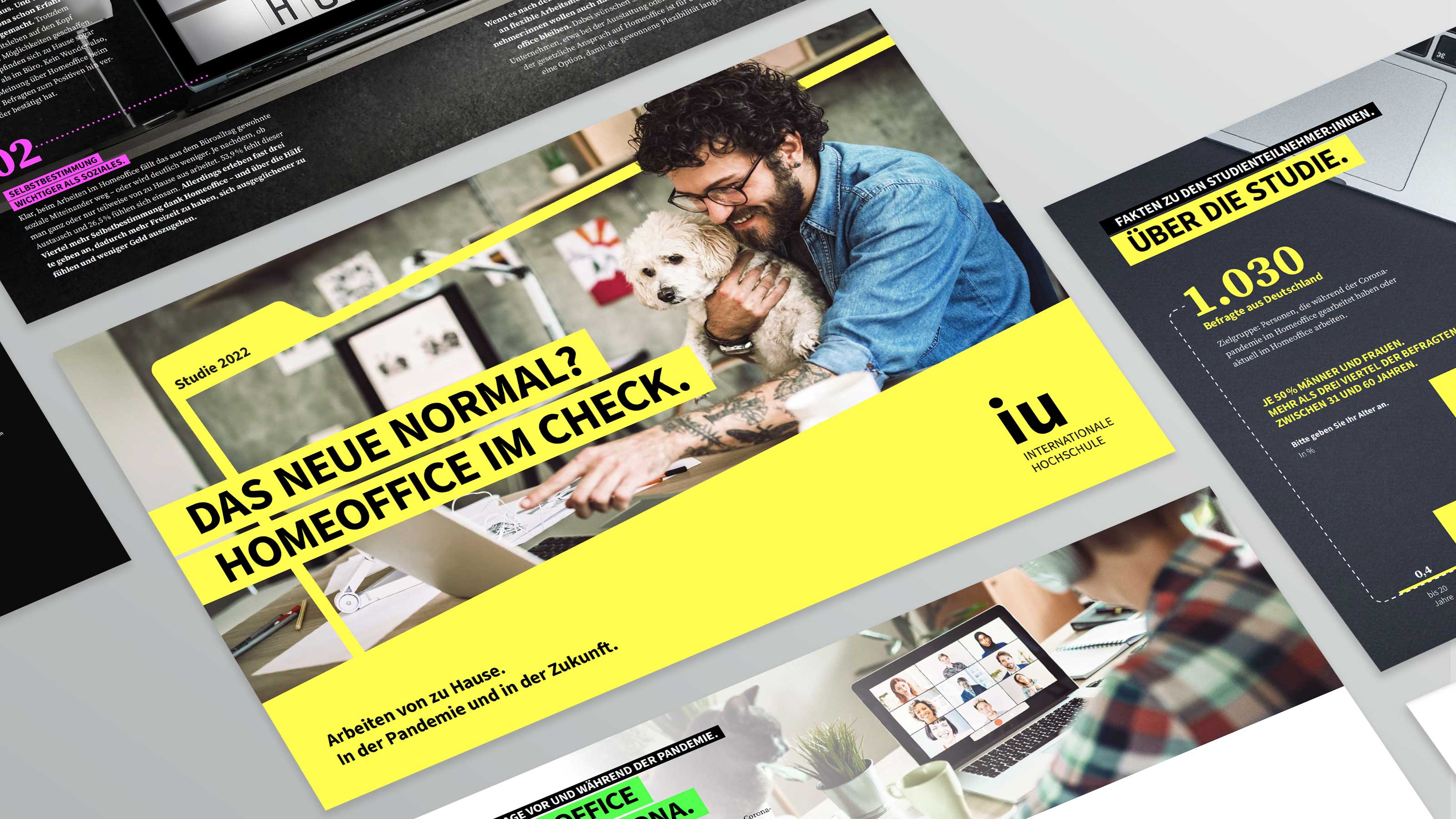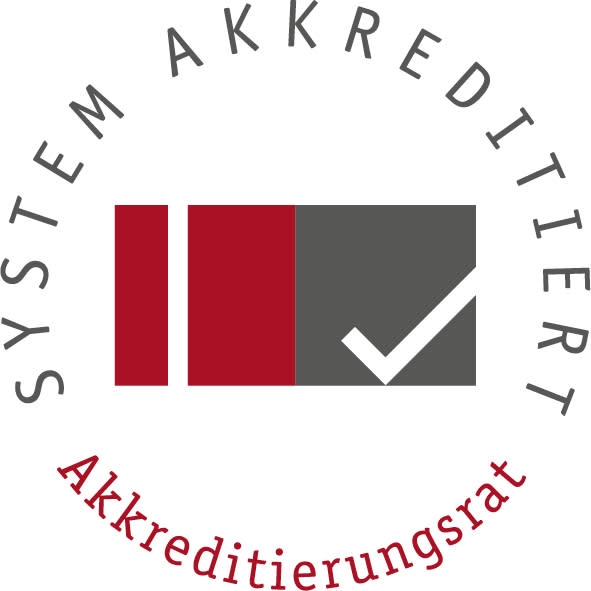What the study is about
How coronavirus has revolutionised working from home. deeper insights into the perception of home office after two years of pandemic – and expectations for the future.
Since 2020, the Coronavirus pandemic has turned people's lives upside down in all areas, working life as well. Working from home became compulsory overnight for everyone whose job allowed it. Employers had to create the conditions for working from home from one day to the next, regardless of the previous progress made in digitalisation in the company.
But how are employees faring in the home office? And what will the future bring? This study provides the answer: more than three out of four of those surveyed generally like to work from home. More than half now even have a more positive attitude towards the home office compared to pre-Coronavirus times.
The majority find it easy to separate work from private life – even when working from home. More than half do not feel more stressed or exhausted and are able to switch off easily after work. Also, the majority of managers among those surveyed trust their employees to be at least as productive when working from home as they are in the office. Although more than half of the managers surveyed stated that the home office situation has presented them with special challenges, more than half confirm that they are just as capable of fulfilling their role as supervisors.
For most respondents, the advantages of working from home outweigh the disadvantages. For many, for example, working from home brings more self-determination and they even rate their work performance as more efficient than in the office. But even though working from home has advantages for the majority, there are some who do not like working permanently from home. The majority does not feel lonely working from home, but one in four does. Some also miss the social interaction in particular.
And what will happen after Corona? Nine out of ten respondents will continue to work from home (at least occasionally). For most of them, this is even a decisive argument when choosing to work in a company. In addition, three out of four respondents want their employer to support them in working from home even after digitalisation - and after the Coronavirus, of course.
Working from home is the new normal – during and also after the Coronavirus pandemic. Employers must be aware of this challenge and rise to it.
Download study as PDF

Four important insights.
Working from home is popular. More than three quarters of respondents like to work from home, and more than half have experienced working from home before the Coronavirus pandemic. Nevertheless, the pandemic has turned working life upside down - and created new opportunities. 61.1 % of those surveyed even feel more productive at home than in the office. No wonder, then, that the opinion of the majority of respondents about working from home has changed - or been confirmed – in a positive direction.
Self-determination is more important than social. Of course, when working from home, the social interaction that one is accustomed to in the office either disappears or is significantly reduced, depending on whether you work from home completely or only partially. 53.9% lack this exchange and 26.5% feel lonely. However, almost three quarters enjoy a higher self-determination thanks to working from home - and more than half say they have more free time as a result, feel more balanced and spend less money.
Disconnecting and switching off? Hardly a problem. When home becomes the workplace, the question arises: What about the separation of work and leisure time - and does working from home put a strain on private life? More than three out of five respondents say no. They manage to switch off after work - and just as many do not feel more exhausted or stressed than when working in the office.
Disconnecting and switching off? Hardly a problem. When home becomes the workplace, the question arises: What about the separation of work and leisure time - and does working from home put a strain on private life? More than three out of five respondents say no. They manage to switch off after work - and just as many do not feel more exhausted or stressed than when working in the office.
Working from home after Corona? A must. If the respondents have their way, employers will have to get used to flexible working models - because nine out of ten employees want to keep working from home completely or even partially after the Coronavirus pandemic. They would like more support from their companies, for example in terms of equipment or internet costs. The legal right to work from home is also an option for slightly more than half, so that the flexibility they have gained is secured in the long term.
About this study
Published on: 24.05.2022
1,030 respondents from Germany who worked in a home office during the Coronavirus pandemic or currently work in a home office
Survey period: 14.01.2022 – 20.01.2022
What you get for free
Information on study content & electives
Information on career prospects
Information on financing options







